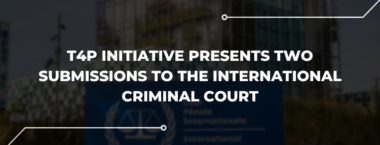
Torments, Torture Chambers, Executions: T4P Initiative Presents Two Submissions to the International Criminal Court
Information about extrajudicial executions of Ukrainians by the Russian military and Russian torture chambers in...
28 September 2023
The Russian army and the militants from the so-called «DPR» and «LPR» under its control are setting up a network of filtration camps in the occupied territory, where people undergo checks on loyalty to the occupation authorities. It’s also used to create a database of residents of the occupied territories. Russian military leaves people no choice – everyone is expected to undergo filtration. This digest reveals where and how this happens.
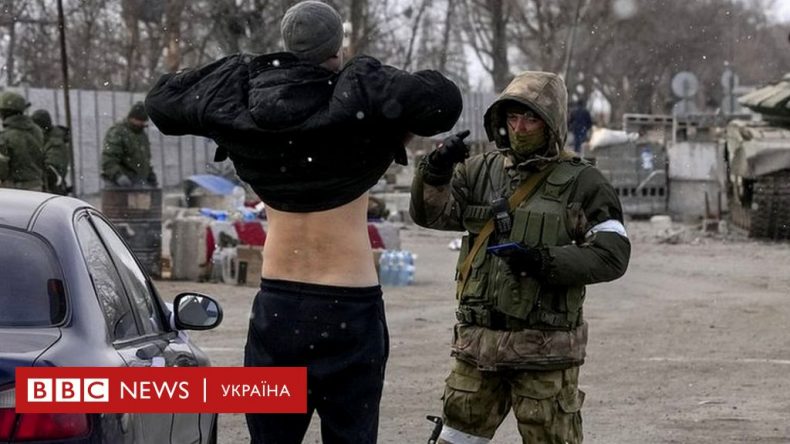
Bezimenne, Olenivka, Dokuchayevsk, Novoazovsk, Mangush, Volnovakha, Starobeshevo, Donetsk – are just some settlements where filtration camps have been set up. Some are for Ukrainian soldiers, others for civilians. There are other differences too. Some camps consist of actual tents, some are set up at police stations, checkpoints, prisons or pretrial detention centers.
People end up there when attempting to leave the occupied territory. However, those trying to reach Ukraine-controlled territory are checked more thoroughly. 30-year-old Kateryna with her two sons, 6 and 11, went through a filtration camp in the village of Bezimenne. She says that the Russians were inspecting phone messages and checking people’s skin for tattoos.
«We were stripped, some to our underwear, some were completely naked. It was arbitrary, I don’t know why. Men were taken aside separately. There were kept much longer. I don’t know what it was they were looking for. They also checked the bags – turned them inside out. Women who had relatives or friends among soldiers or police officers received threats. They said they would find their men and send them their heads in boxes,» says Kateryna.
Many fail to pass the filtration and return to Ukraine-controlled territory. Petro Andryushchenko, the adviser to the mayor of Mariupol, explained where these Ukrainians are disappearing to.
«All those branded ‘untrustworthy’ in the filtration camps near Mariupol are taken to the former prison No. 52 in the village of Olenivka, Donetsk Oblast,» says Mr. Andryushchenko. People are held there for about 30 days.
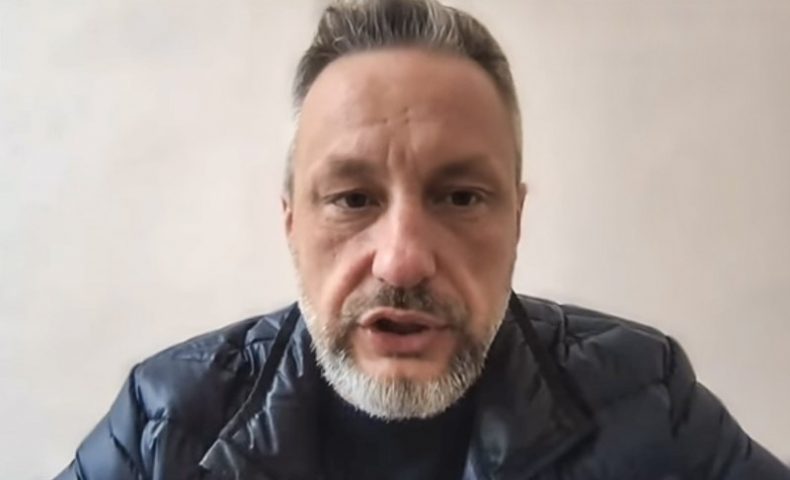
Some escape the occupation by traveling through Russia, as did Denys from Mariupol. Together with a friend, he initially planned to pass filtration in Bezimenne. However, as it turned out, that camp is for people traveling in cars. Those on foot get sent to the local school and then to the occupied Starobeshevo village. There, the Russians process people, take their fingerprints and pictures.People get questionnaires with questions about acquaintances among the Azov Battalion and Ukraine’s Security Service, as well as whether they or their family members took part in the hostilities. Afterwards you get a certificate on passing the filtration – a small piece of paper with a stamp and a date.
«It means you have undergone dactyloscopy,» says Denys.
«We can expect this personal data to be stored somewhere, unchecked. Just consider, people are having their fingerprints and photographs taken. What this means is that the occupiers are not just collecting this data to confirm people’s identities, but also to keep it.
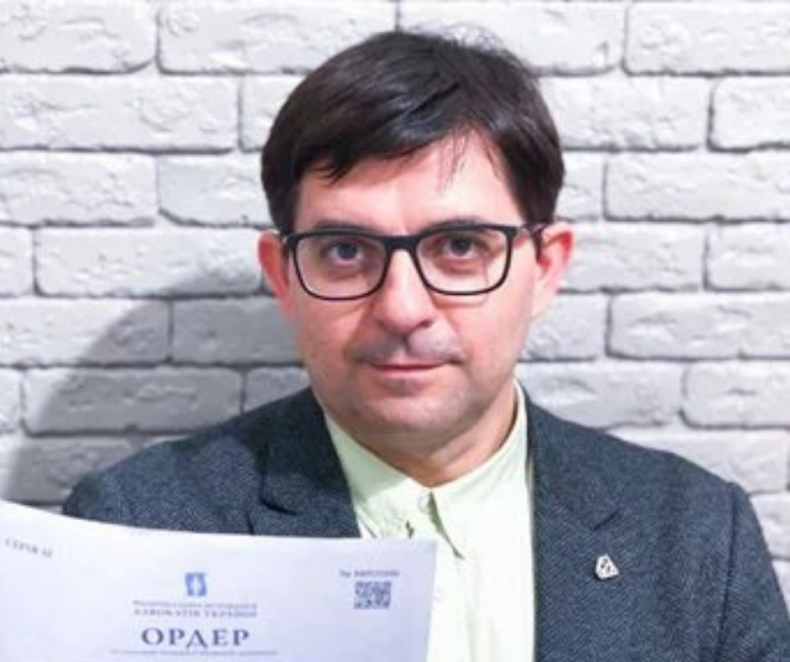
“When you fail to pass this so-called filtration, what follows is essentially unlawful detention, which is also a war crime,» says Mr. Yakovlev.
Read the stories of people who had to go through the «filtering» procedure on the website.For more information, please contact: [email protected].
In conjunction with UHHRU, MIHR is doing a newsletter containing the most important facts.
Sign up for the Ukrainian newsletter HERE.
Sign up for the English newsletter HERE.
Please check your spam and advertising folder after subscribing.
If you find an error on our site, please select the incorrect text and press ctrl-enter.

Information about extrajudicial executions of Ukrainians by the Russian military and Russian torture chambers in...
28 September 2023
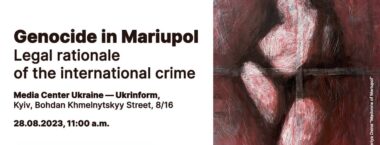
The initiative of the T4P (Tribunal for Putin) presents its first document with systematic justification...
23 August 2023

Since the onset of the full-scale invasion, the «Tribunal for Putin» initiative has recorded about...
18 August 2023

Position of Ukrainian organizations of the Human Rights Houses Network and Ukrainian lawyers on the...
17 July 2023